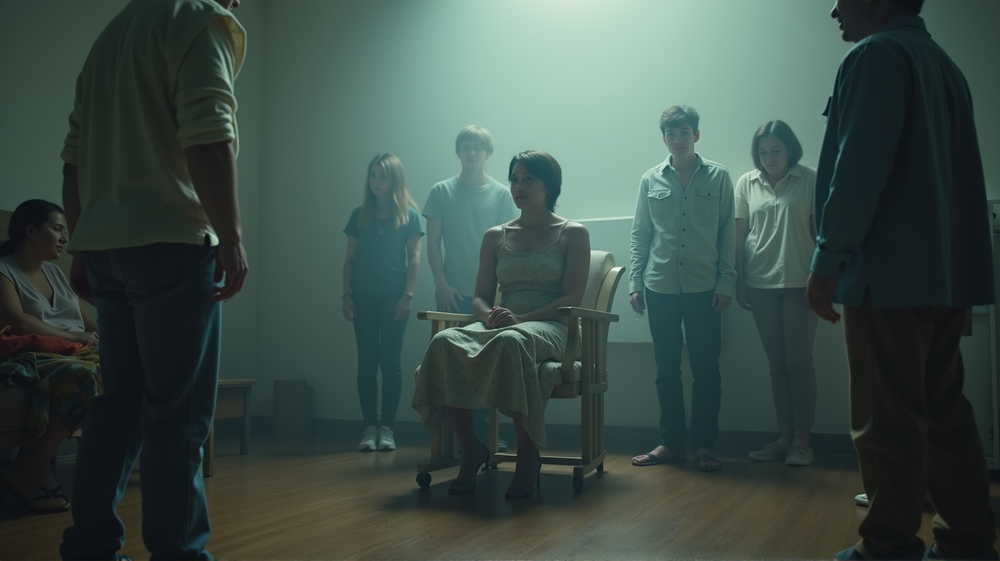When Diane Simard from Denver was confronted with a breast cancer diagnosis, she discovered that the true battle was as much mental as physical.
Facing the Unseen Battle
Breast cancer is notorious for its physical toll, yet Diane found herself unprepared for the psychological turmoil it triggered. From the physical discomforts of chemotherapy to the emotional lows that accompanied each session, Simard’s journey was a testament to resilience. It was never just about the illness; it was the relentless emotional heaviness that followed each treatment cycle.
The Search for Support
Seeking mental health support was another hurdle. Diane’s quest highlighted a gap in accessible, specialized therapy for cancer patients. The discouraging news about insurance coverage, however, did not deter her. As she faced these barriers, she envisioned a solution that would transform not just her life but the lives of countless others.
Pioneering Change
Determined to make a difference, Diane joined forces with the University of Denver, planting the seeds for what would become the Center for Oncology Psychology Excellence (COPE). Through her initiative, over 200 students have immersed themselves in understanding the intricate dance between cancer and mental health, with guest speakers from the CU School of Medicine enriching their perspective.
A Call to Awareness
Reflecting on her journey, Diane urges patients not to overshadow their mental wellbeing amidst their cancer battle. This poignant trauma of confronting mortality and the looming fear of recurrence necessitates compassionate psychological support. Her experience serves as a reminder that mental health is integral to healing. According to Denver7, there are now more resources than ever for those walking this difficult path.
Support Beyond the Patient
A significant aspect of this journey often overlooked is the caregiver’s mental health. Diane emphasizes their need for psychological support, acknowledging the mental strains endured alongside their loved ones. It’s an intertwined journey, where the battle is communal, leaving lasting impacts that demand acknowledgment and care.
Diane Simard’s story is an evocative reminder that behind every cancer battle is a psychological journey just as vital and deserving of attention. As society grows more understanding of these intertwined struggles, we move towards a more holistic view of cancer care, one that embraces the mind just as it does the body.












